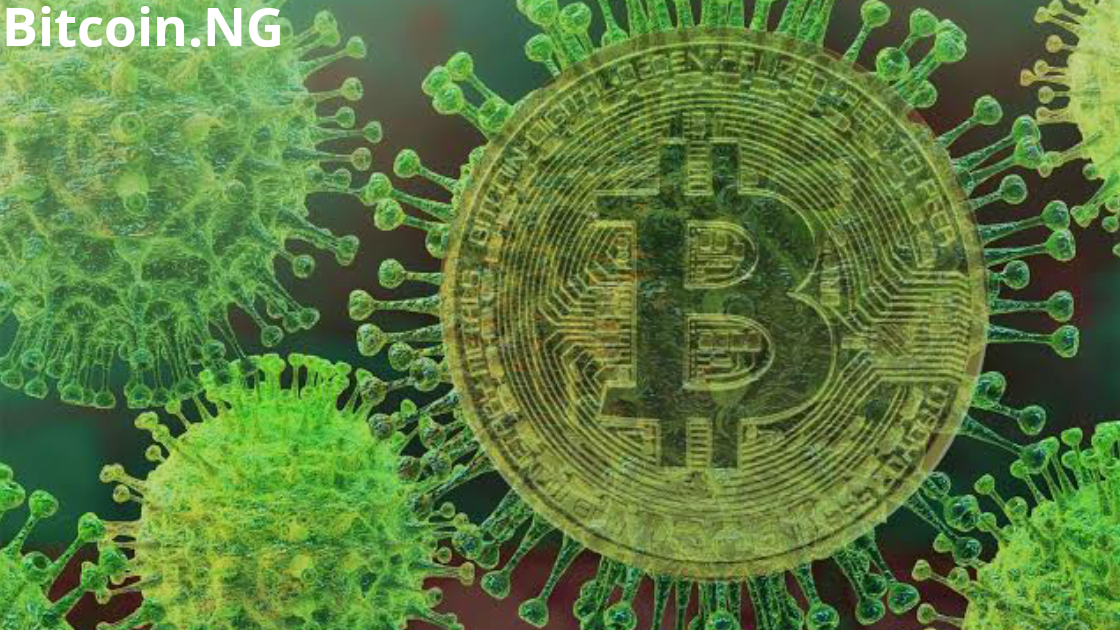
Reports by DailyMailUK, indicate that China has started to disinfect and quarantine its used bank notes for 14 days as part of efforts to curtail the spread of the Coronavirus (Covid-19).
The past week saw a rise of infected persons to over 68,000 cases in China, with deaths to the epidemic reaching a total of 1,660 global, with Beijing recording 143 new deaths. Chinese authorities now seek to adopt new measures to tackle the virus.
Banks have been ordered to use ultraviolet light or high temperatures to disinfect yuan bills, and seal the cash for seven to 14 days – depending on the severity of the outbreak in a particular region – before recirculating them.
The measure is intended to secure the public’s safety and health while using cash bills.
In the heat of the epidemic, China’s Central bank has printed over 4 billion yuan in new notes to keep up the vibrant economy and help the Hubei province where Wuhan – the origin of the virus is located.
Companies, stocks and other Chinese economic resources and activities have either been grounded or seen a drop in profits. Many countries have also placed travel restrictions on recent visitors to China and airlines have suspended China routes due to low demand.
For the cryptocurrency market, Chinese crypto mining facilities which are said to have been shut, have had no big impact on the Bitcoin (BTC) network hash rate or price. The network continues to perform stronger with hash rates reaching new highs at this time.
Following spread of the Covid-19 virus, Bitcoin maximalists and the crypto community have emphasized the health benefits of digital currency over fiat money.
While BTC requires no human contamination or health risk to trade or make transactions, cash is the opposite as paper money exchanges hands.
Statistics however suggest that increasing numbers of Chinese people prefer mobile payments over cash in recent years. Notably, Alipay and WePay rank as top payment alternatives in China. However, both alternatives are subject to a centralized authority or company which is also affected by this outbreak.
Bitcoin and crypto on the other hand are peer-to-peer payment models, hence they need no middle institutions or centralized authority.
Elsewhere, a new ERC-20 based token named CoronaCoin (NCOV) has been launched. Its developers say the aim of the coin is to spread awareness about the virus outbreak.
Also read: IOST Launches Blockchain Charity Disclosure Platform for Coronavirus